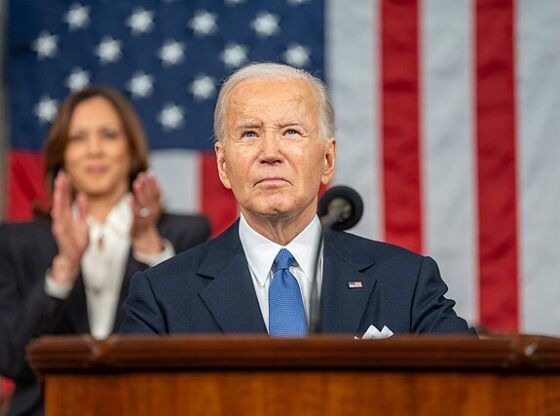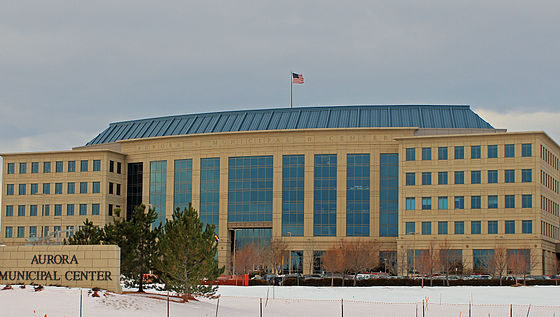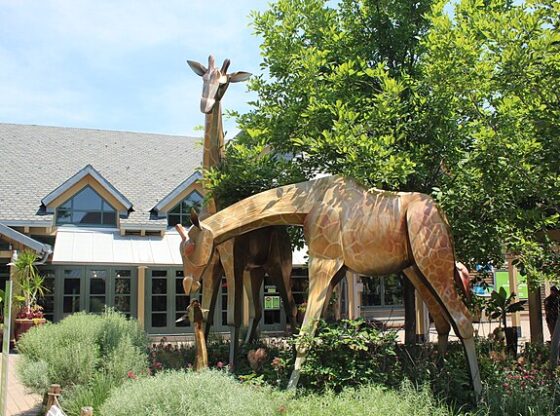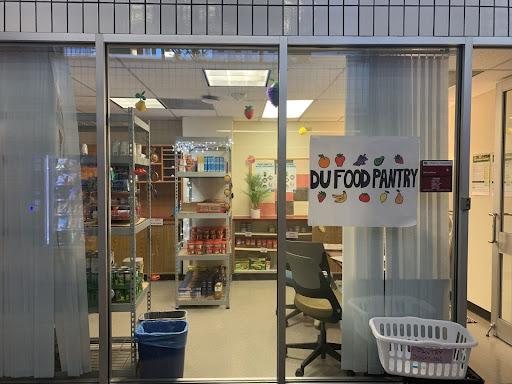For Black students attending predominantly white colleges and universities, it is not uncommon to feel isolated and out of place. This was a topic covered in a Zoom webinar held on Feb. 11 titled “Talking Race, Taking Space: Building and Sustaining a Recognized Black Community,” sponsored by the Office of Diversity, Equity, and Inclusion at the University of Denver.
Webinar participant Matthew Solomon, a junior and the president of the DU Black Student Alliance, explained how coming to DU was a huge culture shock. Solomon, who transferred from a diverse out-of-state school after his freshman year, commented that “there are not enough safe spaces for Black students on campus…the Black Student Alliance should not be the only place where I feel comfortable on campus.”
During the webinar, Solomon explained that it was difficult to find his place when he first transferred and he often had to code-switch as a Black student. When attending classes, he carefully considered how he presented himself in front of his white classmates and professors.
For Black folks, it is common to “switch” their behavior in an attempt to keep the respect of their white peers who make incorrect and harmful assumptions about them. Matthew described the way he talks to his Black peers and how it differs from the way he speaks to his white ones. When surrounded by white students, he speaks more formally and “turns off” the casual slang that he uses with his friends. By changing the way that they speak and behave around their white peers, Black students are being forced to give up a part of who they are while on campus.
Over the course of the webinar, panelists debated the extent to which DU supports the Black community. DU staff and student participants expressed that encouraging Black students to be their most authentic selves means that DU needs to make an effort to support them and enact changes on campus. The webinar participants believe that DU needs more safe spaces, like the Black Student Alliance, where Black students can go to seek the support and understanding of their peers.
One priority that the webinar participants named was for DU to be intentional about taking the Black community into consideration. They urged the university to include the Black community’s needs into account when adding new clubs and organizations on campus.
While bigger changes such as adding new organizations or resources for the Black community at DU might take time, there is one important step that can be taken immediately. All webinar participants agreed that talking about these issues as a community is the first step to enacting real change on campus.











